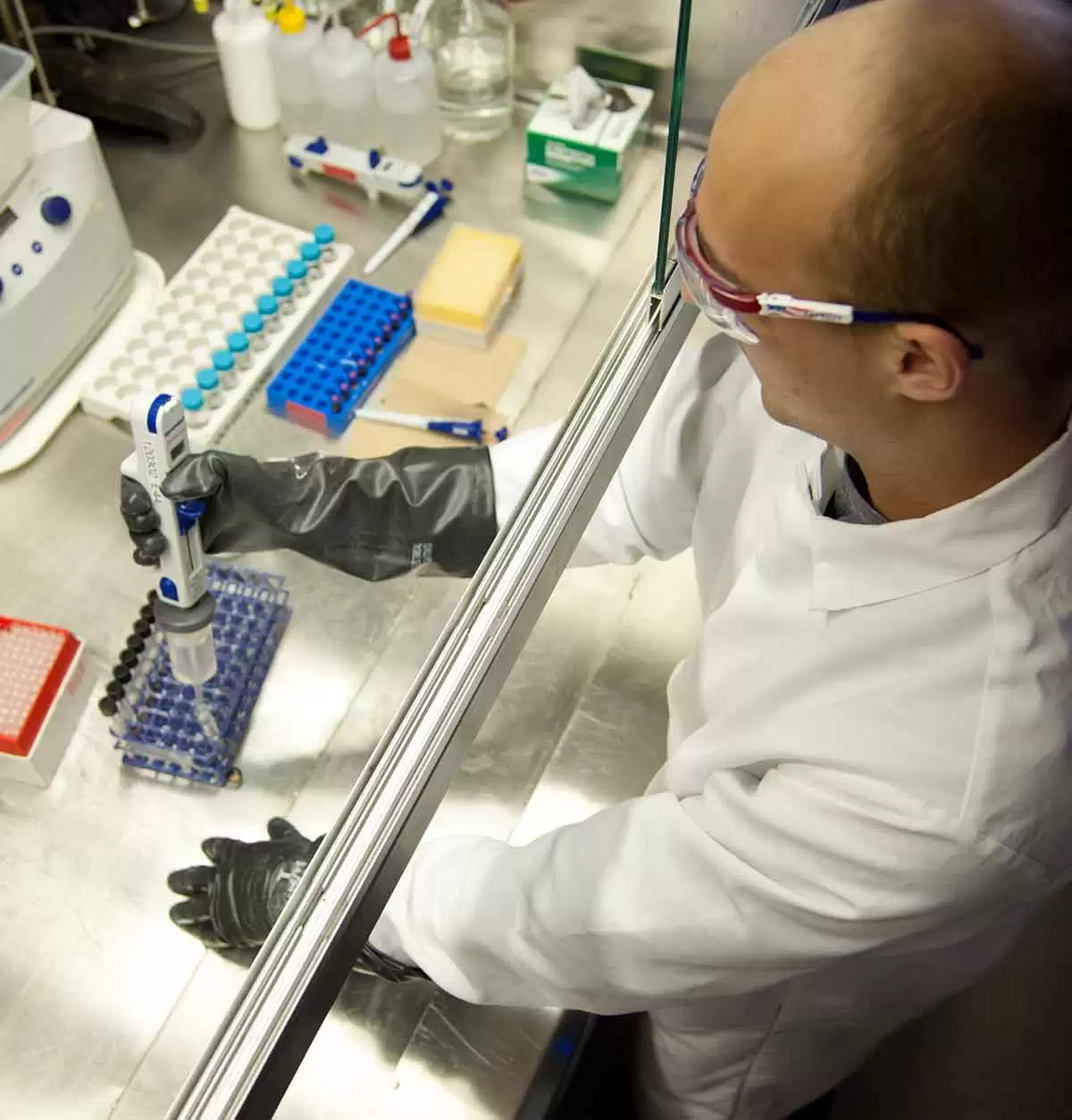Celiac.com 09/16/2024 - Celiac disease is an autoimmune condition that affects individuals when they consume gluten, a protein found in wheat, barley, and rye. In those with the disease, the ingestion of gluten triggers an immune response that damages the small intestine. One of the key enzymes involved in this process is transglutaminase 2, which modifies gluten peptides, making them more likely to cause inflammation. This study focuses on a new therapeutic approach using a transglutaminase 2 inhibitor called ZED1227, which aims to reduce gluten-induced damage in individuals with celiac disease.
Objective of the Study
The main goal of the study was to investigate how effective the transglutaminase 2 inhibitor ZED1227 is at preventing gluten-induced damage in the intestines of people with celiac disease. Participants in the study had been on a gluten-free diet for a long time but were given a six-week gluten challenge while also taking either ZED1227 or a placebo. Researchers analyzed biopsies from the small intestine before and after this period to assess the molecular effects of ZED1227 and its potential to protect against gluten-induced damage.
Mechanism of Action
Celiac.com Sponsor (A12):
Transglutaminase 2 plays a central role in celiac disease by modifying gluten peptides, making them more reactive to the immune system. This reaction leads to the activation of immune cells that cause inflammation and damage to the intestinal lining. The inhibitor ZED1227 works by blocking the activity of this enzyme, which theoretically should prevent the gluten peptides from triggering the harmful immune response. The study sought to confirm this effect at the molecular level by analyzing the genetic activity in the intestinal cells of participants.
Study Methodology
Participants with celiac disease were divided into two groups. Both groups underwent a gluten challenge, meaning they consumed gluten for six weeks. One group received a daily dose of ZED1227, while the other group received a placebo. Duodenal biopsies were taken from the participants both before and after the gluten challenge, and researchers performed a detailed analysis of the gene expression in these tissue samples.
Key Findings
The results of the study were significant. The researchers found that ZED1227 effectively prevented the majority of the harmful gene activity that gluten normally triggers in people with celiac disease. In particular, the treatment preserved the structure and function of the intestinal lining.
One of the key findings was that ZED1227 blocked the immune response driven by interferon-gamma, a molecule that plays a major role in the inflammation seen in celiac disease. By inhibiting this pathway, ZED1227 protected the intestines from gluten-induced damage, including villous atrophy (the flattening of the intestinal surface) and crypt hyperplasia (an abnormal increase in the depth of the intestinal lining).
Genetic Considerations
The study also highlighted the role of genetics in how individuals respond to gluten. Specifically, it showed that people with certain genetic variants related to human leukocyte antigen DQ2 were more sensitive to gluten. These individuals, who carry a homozygous form of the gene, had a more intense immune response to gluten, even when taking ZED1227. This suggests that genetic factors could influence how well individuals respond to treatments like ZED1227, and some people may require higher doses or longer treatment durations to achieve optimal protection.
Potential Benefits for Celiac Patients
For individuals with celiac disease, the only current treatment is a strict gluten-free diet. However, following such a diet is challenging and does not always fully prevent gluten exposure or intestinal damage. This study suggests that ZED1227 could offer a new therapeutic option for these patients. By inhibiting transglutaminase 2, ZED1227 could prevent the damage caused by accidental gluten ingestion, providing an additional layer of protection for those who are highly sensitive to gluten or struggle to maintain a perfectly gluten-free diet.
Study Limitations and Future Directions
While the findings of this study are promising, the researchers noted a few limitations. The study involved a relatively small number of participants, and further research with larger groups will be needed to confirm the results. Additionally, the study only tested one dose of ZED1227, and future studies may explore whether higher or lower doses are more effective for different genetic subgroups of patients.
Another area of interest for future research is the long-term safety and effectiveness of ZED1227. The six-week gluten challenge provided valuable insights, but longer-term studies will be necessary to understand how the treatment works over months or even years. The researchers also suggested that a more personalized approach to treatment, where doses of ZED1227 are tailored to individual genetic profiles, could enhance the effectiveness of the therapy.
Conclusion and Implications for Celiac Patients
This study presents a hopeful new direction for the treatment of celiac disease. ZED1227, by inhibiting transglutaminase 2, shows strong potential to prevent the intestinal damage caused by gluten. For those with celiac disease, this could mean fewer symptoms, less inflammation, and overall better intestinal health, even in cases of accidental gluten exposure. While more research is needed to confirm the long-term benefits and fine-tune the treatment for different genetic profiles, ZED1227 represents a promising step toward improving the quality of life for people with celiac disease.
Read more at: nature.com










Recommended Comments
Create an account or sign in to comment
You need to be a member in order to leave a comment
Create an account
Sign up for a new account in our community. It's easy!
Register a new accountSign in
Already have an account? Sign in here.
Sign In Now